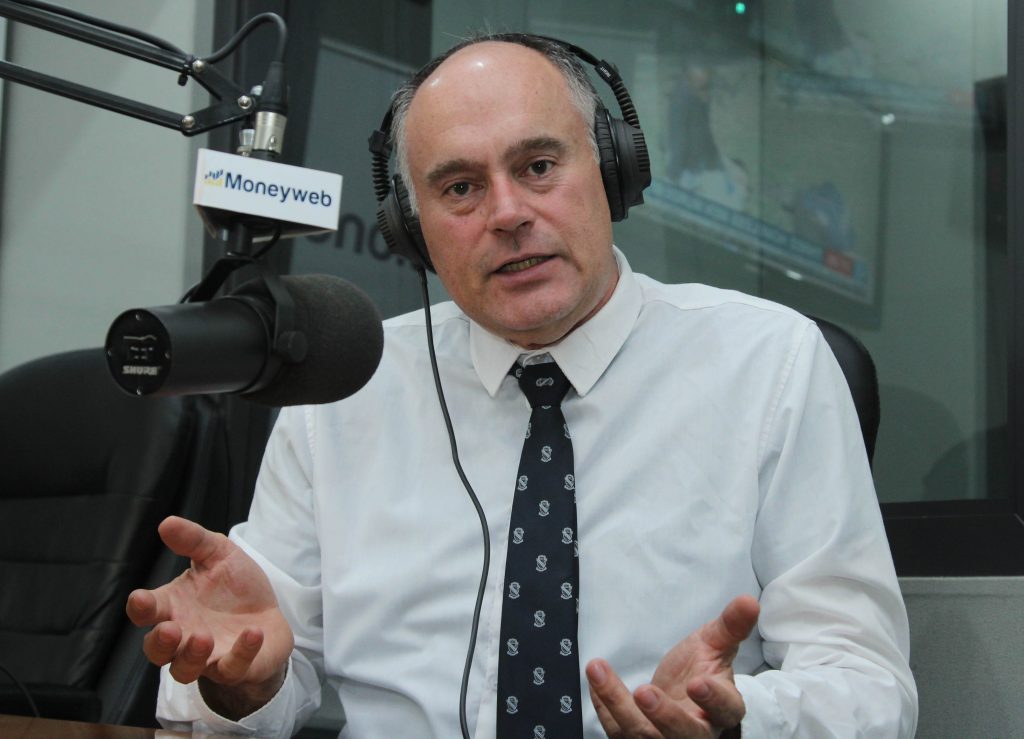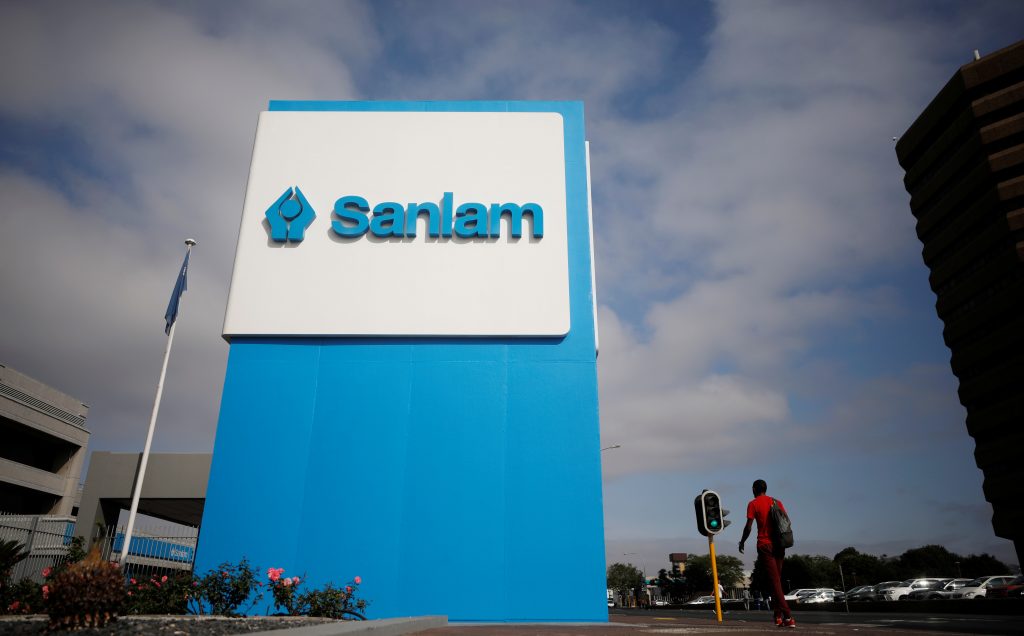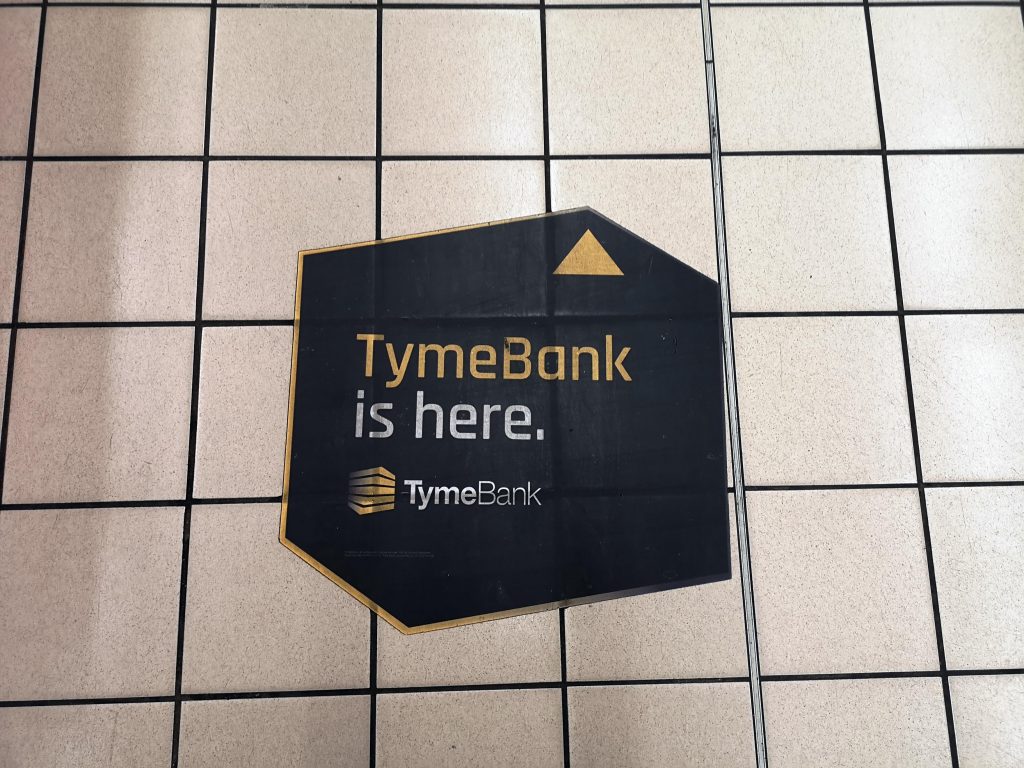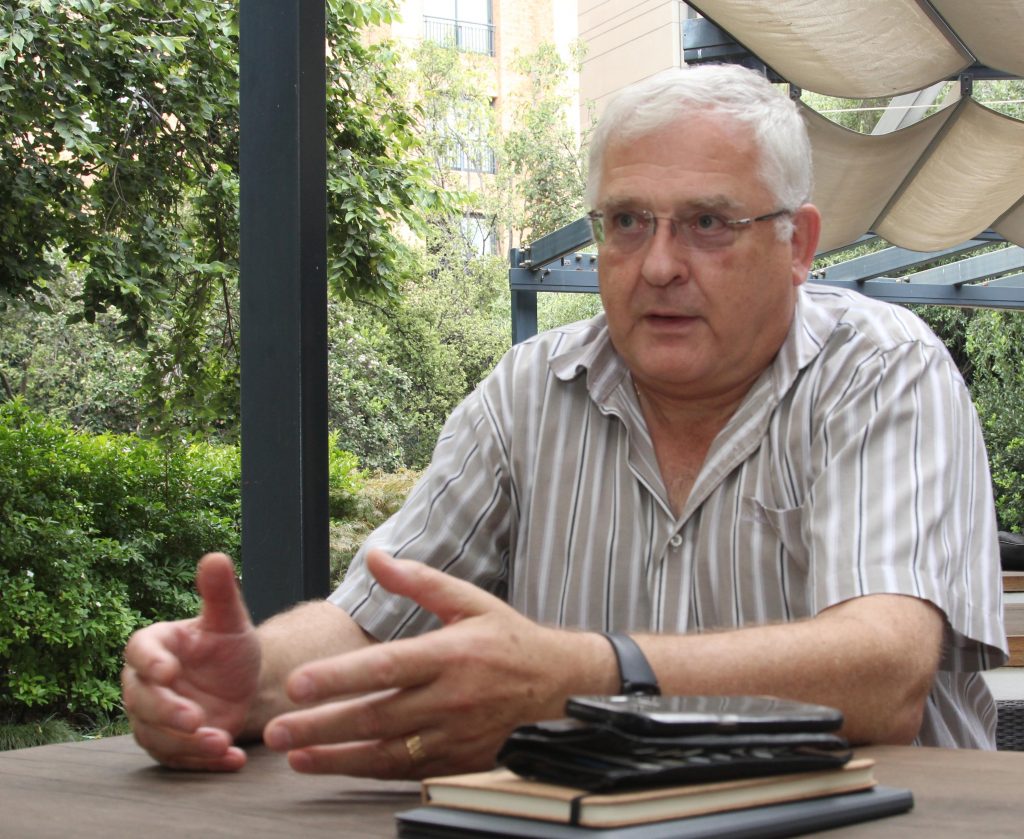There is undoubtedly no greater sign of the urgent need for reform of the electricity sector than the way Eskom’s electricity tariffs are set. The whole system is far from how prices should be set – through a competitive market in which firms aim to sell to consumers by offering them better value than others.
The current approach was made clear last week with the revelation that the regulator Nersa has agreed to a court order that Eskom can collect an extra R54bn in tariffs over the next few years. That is because of a mistake Nersa made back in January when setting the tariffs Eskom can charge. Eskom was already going to increase prices by almost 13% this year, and now it will be able to increase them by several percentage points more.
The calculations are based on the multi-year price determination (MYPD) method which includes several elements in setting tariffs over three years. One of those is the “regulatory clearing account” mechanism. This effectively enables backwards-looking adjustments to tariffs if costs turn out to be higher than Nersa had expected when the original tariffs were determined (or, in theory, if revenue is higher than expected). The RCA has the farcical effect of allowing Eskom to charge tomorrow’s customers for yesterday’s costs.
Read: Nersa approves cheaper electricity for Amsa
Imagine other companies worked like this! We are in the midst of results season as large companies report on their financial performance for the first half of the year. Many of those reporting show how hard it is to grow revenue in this difficult economy. Companies have really struggled to increase sales, simply because everyone is under pressure, from consumers to businesses. But despite those gloomy top lines, many companies can tell a positive story about how they have been able to control costs by finding more efficient ways to do things, and thereby ensure their businesses are sustainable.
Imagine if instead of this strong pressure to maintain cost discipline, these companies could simply pass last year’s costs onto next year’s customers by upping the prices they pay. Would we be seeing any cost discipline at all? Would companies make difficult decisions about what divisions to close or to cut back on bonuses, or drive more efficient production mechanisms? Of course not.
ADVERTISEMENT
CONTINUE READING BELOW
Read: Nersa confirms R54bn secret settlement with Eskom
Nersa tries to lean against this risk by determining whether costs were “prudently incurred” by Eskom before allowing recovery. That is nice in theory, but Nersa does not have the detailed operational knowledge to determine what is and isn’t prudent, just like I couldn’t tell you about how much costs any other company could save if it faced genuine competition. It is also a political dead end because the costs are already incurred – the only decision is whether they should be paid by the consumer or by the government, and therefore, taxpayers.
The RCA model assumes that consumer demand is price inelastic, in other words, that no matter what the price, consumers will keep on paying. So, recovery of last year’s costs is basically being extracted from the same consumers, in theory. But that is changing. Even without a competitive electricity market, consumers do have more choices than ever before – they can turn to rooftop solar for example. Large companies can and are building their own electricity plants. So, as Eskom prices go up, consumption of Eskom-produced electricity is going to continue to go down.
Read: African imports of Chinese solar panels surge in energy shakeup
The only way to fix this absurdity is to accelerate the pathway to competitive electricity markets. We are on that road already, with licensed electricity traders and private electricity generators able to build plants and supply customers. Eskom’s transmission division is ready to be unbundled into an independent system operator that can buy from the cheapest providers. But much of the regulatory detail still needs to be finalised and the grid infrastructure needed to connect many more producers across the country still needs to be built. We should be single-mindedly focused on getting that done. It is the only pathway to rational pricing of electricity and that is critical to enabling our economy to grow.
President Cyril Ramaphosa’s anger over the delays to the start of the Madlanga Commission of inquiry into the police service and meddling in its investigations, can be shared by many South Africans. The commission should be getting to work this week with a deadline of three months to produce a preliminary report. The focus is on the explosive allegations made by KwaZulu-Natal police commissioner Nhlanhla Mkhwanazi about meddling in investigations of political assassinations in the province. The allegations strike at the heart of the police as an independent and trustworthy institution that serves the interests of justice. It is critical for the confidence of all South Africans that the allegations are properly investigated and we get proper insight.
ADVERTISEMENT:
CONTINUE READING BELOW
Read: Consumers may cough up billions more, after Nersa’s closed-door Eskom deal
The delays have led to two senior members of the Department of Justice, including Director General Doc Mashabane, being sent notice of their potential suspension. It is good to see swift action being ordered by the president. It is the kind of accountability we want to see much more of across government. When civil servants don’t deliver, they must face the consequences. Of course, suspensions must be swiftly followed by disciplinary actions, including dismissal, but it is a start.
Read: Eskom seeks solar buyers in shift away from coal
I have written in this letter about many other suspensions that have happened in other parts of government in the last few months. It is starting to become a trend. If this age of accountability takes hold, it will start to shift the deep malaise that undermines public sector delivery. The president’s actions should be praised, both for decisively acting to get the Madlanga Commission on its feet and for furthering a culture of accountability.
Busi Mavuso is BLSA CEO.
Follow Moneyweb’s in-depth finance and business news on WhatsApp here.

 3 days ago
1
3 days ago
1






















 English (US) ·
English (US) ·